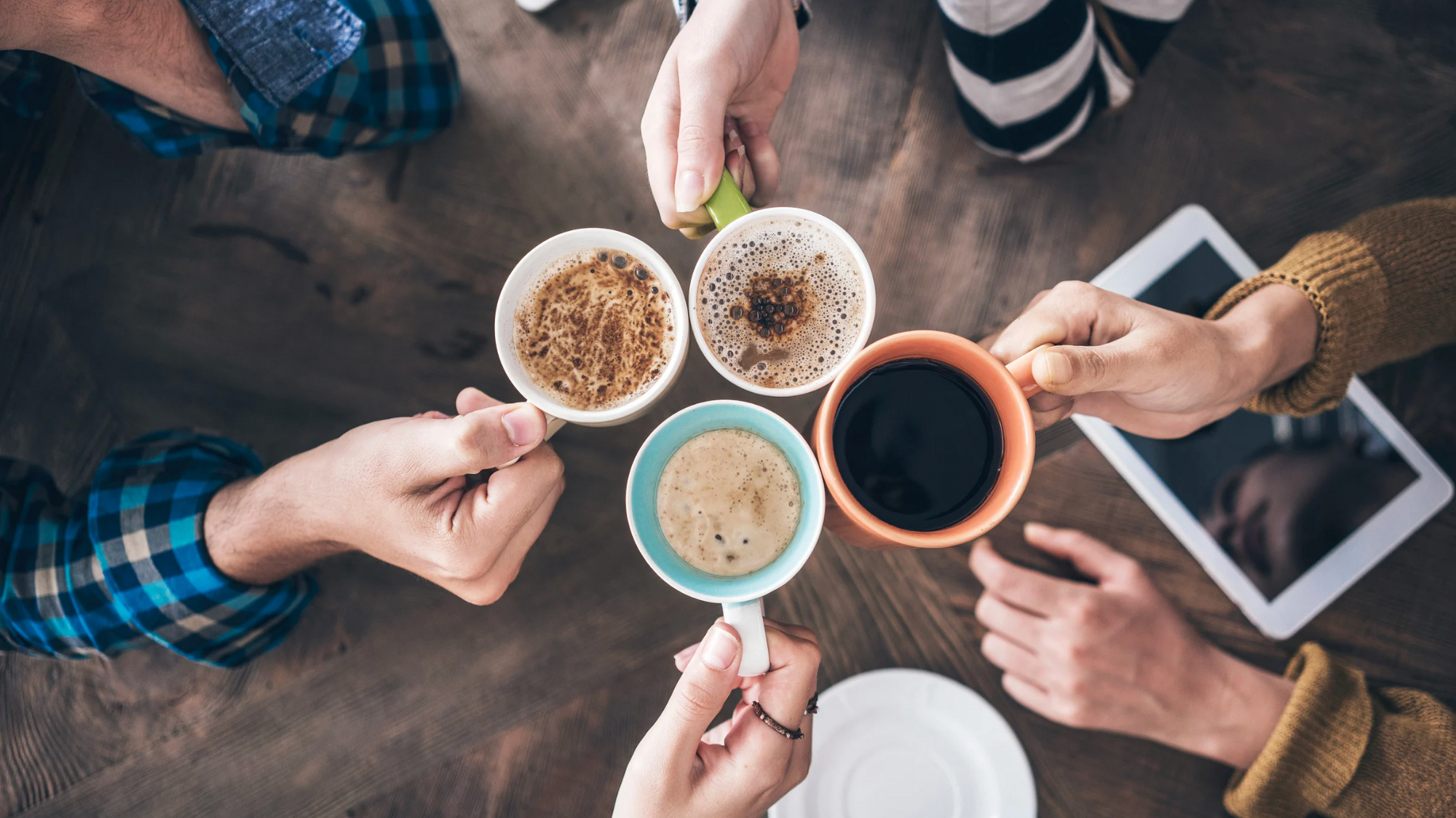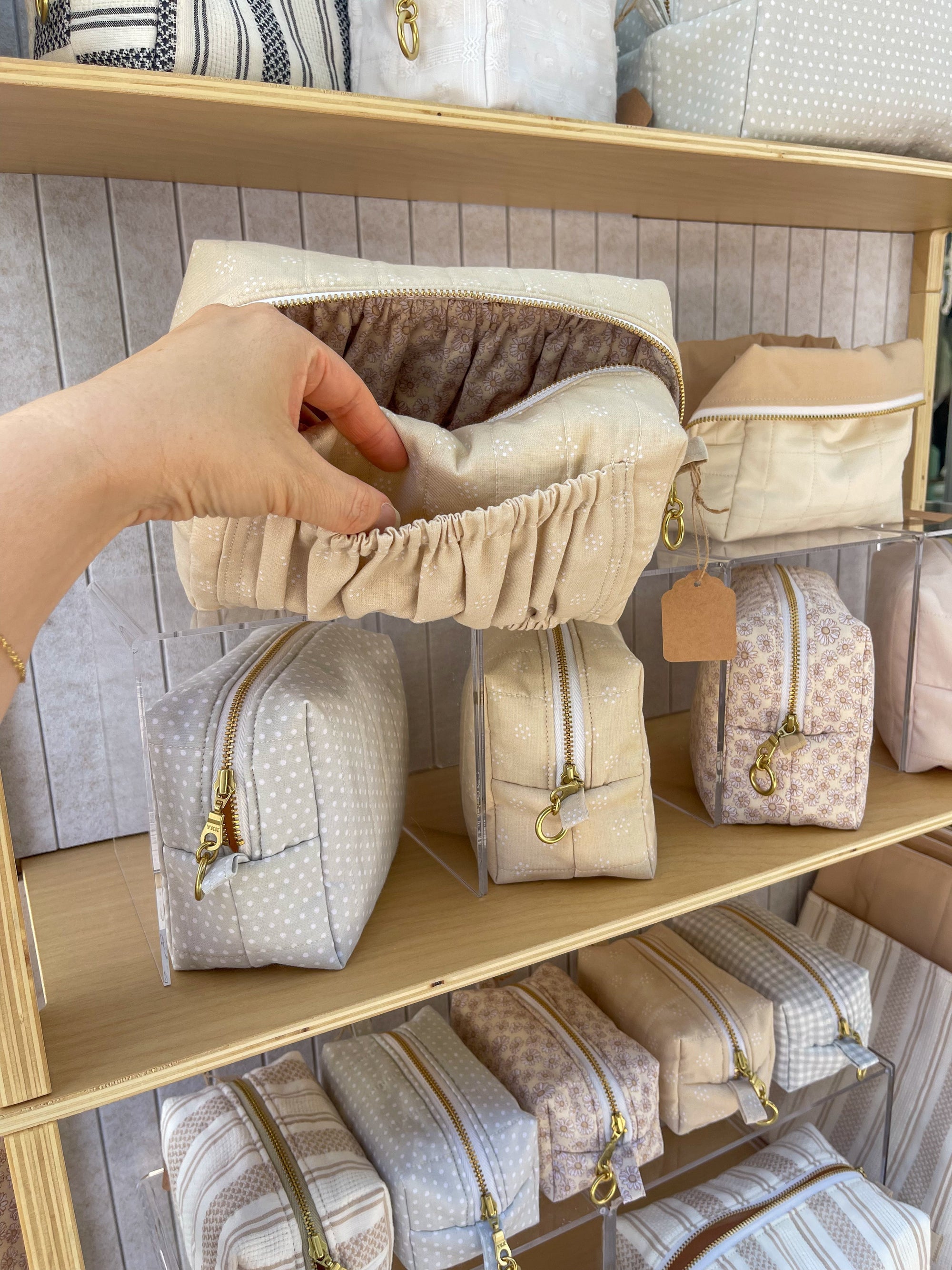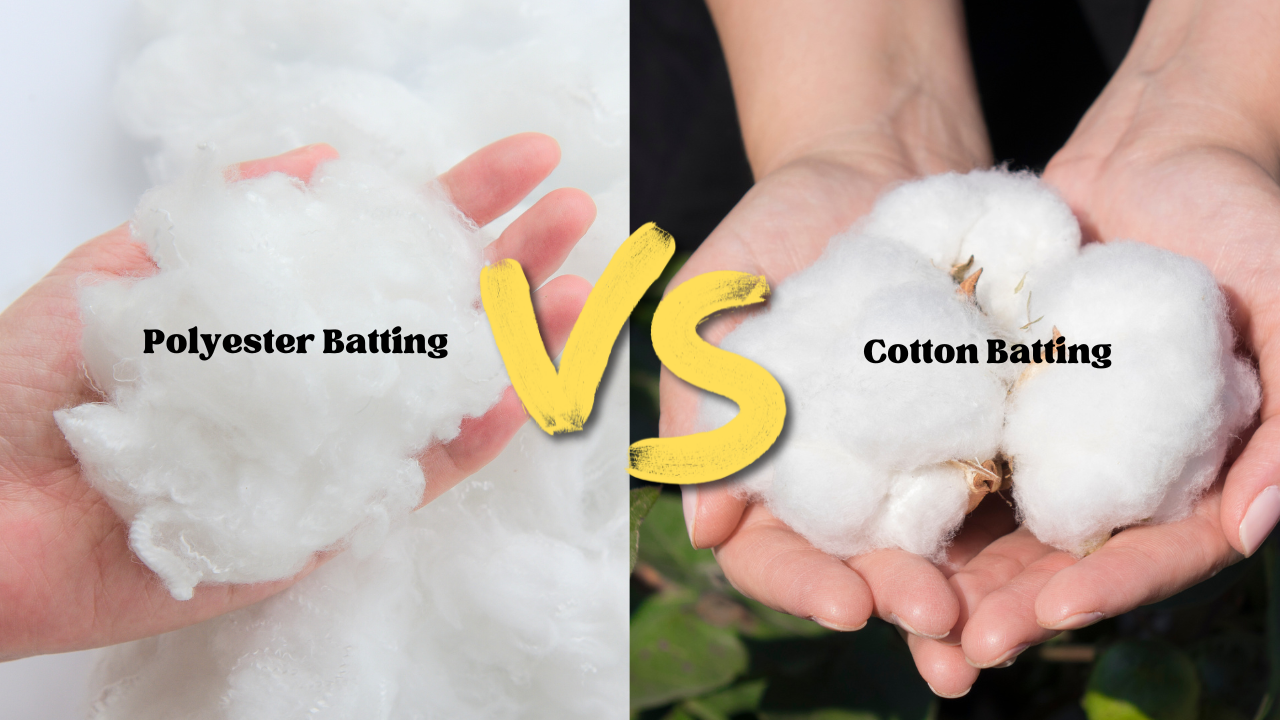Hey coffee lover! 🌿☕
If you’re like me, you probably can’t imagine starting your day without that perfect cup of coffee. But did you know that our coffee habits can have a big impact on the environment? Don’t worry, I’m not about to tell you to give up your daily brew (I couldn’t do that either!). Instead, I’m here to share some easy, sustainable tips that allow us to keep loving our coffee while helping protect the ecosystem.
Grab your favorite mug, and let’s dive in!
1. Choose Ethically-Sourced, Sustainable Coffee
One of the best things we can do as coffee lovers is to be mindful of where our coffee comes from. Not all coffee is created equal, and the way it’s grown and harvested can have a huge impact on the environment.
- Look for Fair Trade, Organic, or Rainforest Alliance Certified coffee: These labels indicate that the coffee is grown using sustainable farming practices that protect the environment, reduce pesticide use, and support the farmers who grow it.
- Support small, local roasters: Many local coffee roasters source their beans from sustainable farms, and buying from them helps reduce the carbon footprint associated with shipping coffee around the world.
Small step: Next time you buy coffee beans, look for those eco-friendly certifications. You’ll not only enjoy great-tasting coffee but also feel good knowing your brew is supporting sustainable farming!
2. Use a Reusable Coffee Cup
Let’s talk cups! If you’re grabbing coffee on the go, you’ve probably noticed just how many disposable cups are being handed out. These single-use cups might look recyclable, but many of them aren’t due to their plastic lining.
- Bring a reusable cup: Whether you’re getting coffee at your favorite café or making it at home, using a reusable cup is a simple yet powerful way to cut down on waste.
- Bonus: Many coffee shops offer discounts if you bring your own cup—so you’ll be saving the planet and a little cash!
Small step: Invest in a cute, durable reusable cup that you love. Keep it in your bag, and you’ll never need a disposable cup again!
3. Avoid Single-Use Coffee Pods
I get it—those single-use coffee pods can be super convenient, but they come at a cost to the environment. Most of them are made from plastic and aluminum, and they aren’t always recyclable, meaning they end up in landfills.
- Switch to a reusable pod: Many coffee machines offer reusable pods that you can fill with your favorite coffee grounds. It’s the same convenience, without the waste!
- Try a French press or pour-over: These methods don’t require pods or paper filters, and they brew a rich, delicious cup of coffee with zero waste.
Small step: If you’re using a single-serve coffee maker, make the switch to reusable pods or consider a more sustainable brewing method.
4. Compost Your Coffee Grounds
Did you know your used coffee grounds can still be useful after you’ve enjoyed your cup of coffee? Instead of tossing them in the trash, compost them! Coffee grounds are rich in nitrogen and make a great addition to your compost pile, helping enrich your soil.
- Compost at home: If you have a compost bin or garden, sprinkle your coffee grounds in there to boost your compost.
- Share with local gardeners: Even if you don’t compost yourself, many community gardens or local farmers will gladly take your used coffee grounds off your hands.
Small step: Start saving your coffee grounds in a small container, and either add them to your compost or find someone who can use them. Your coffee habit just got even more eco-friendly!
5. Choose Sustainable Brewing Methods
Believe it or not, the way we brew our coffee can also impact the environment. Some brewing methods use more energy and produce more waste than others.
- Opt for manual brewing methods: French presses, pour-overs, and AeroPresses are fantastic because they use no electricity (besides boiling water) and produce minimal waste.
- Use an energy-efficient coffee maker: If you prefer an electric coffee maker, choose one that’s energy-efficient or has a timer so it only runs when you need it.
Small step: If you’re in the market for a new coffee maker, consider manual brewing options or an energy-efficient machine. You’ll enjoy great coffee while reducing your energy use.
6. Support Cafés with Eco-Friendly Practices
As café nomads and coffee lovers, many of us love visiting local coffee shops. Why not choose cafés that are committed to sustainability?
- Look for cafés that use compostable cups and cutlery: Some cafés are working hard to reduce their environmental impact by offering eco-friendly packaging.
- Support cafés that source sustainably: Many independent coffee shops go the extra mile to source their beans from ethical, sustainable farms.
Small step: Next time you’re grabbing coffee, ask your local café about their sustainability practices and give extra love to the ones making eco-friendly choices!
7. Milk Matters: Choose Sustainable Dairy or Plant-Based Alternatives
Let’s not forget about what we’re putting in our coffee! Whether you prefer milk, cream, or plant-based alternatives, the choices we make can affect the environment.
- Consider plant-based options: Oat milk, almond milk, or soy milk are great alternatives to dairy and often have a lower environmental impact. Oat milk, in particular, uses less water and land than other plant-based options.
- Go local: If you prefer dairy, look for local, organic options. Supporting local farms reduces transportation emissions and ensures you’re getting fresh, high-quality milk.
Small step: Try a plant-based milk in your coffee! Many people find that oat milk blends beautifully with coffee, and it’s a more sustainable option.
8. Buy Coffee in Bulk and Minimize Packaging
When we buy pre-packaged coffee, we’re often left with a lot of waste—plastic bags, boxes, and wrappers that aren’t always recyclable. Buying in bulk is a simple way to reduce waste and enjoy fresh coffee at home.
- Buy whole beans in bulk: Bring your own reusable container to the store or coffee shop and stock up on fresh beans. You’ll cut down on packaging and waste, and you can grind your beans fresh for each brew.
- Say no to unnecessary packaging: When you can, choose coffee that comes in minimal, recyclable packaging.
Small step: Next time you’re shopping for coffee, bring your own container or buy from a store that offers a bulk option. Less packaging, more delicious coffee!
- Why Coffee Lovers Should Care
As coffee lovers, we’re part of a global community, and the way coffee is grown, sold, and consumed has a big impact on the environment. By making small, sustainable choices—like choosing eco-friendly coffee, using reusable cups, and composting our grounds—we can enjoy our coffee while also taking care of the planet.
Every little change adds up, and the more conscious we are of our coffee habits, the more we can contribute to protecting the ecosystems that make this world (and our coffee) so beautiful.
Let’s keep sipping sustainably, one cup at a time! 🌱


